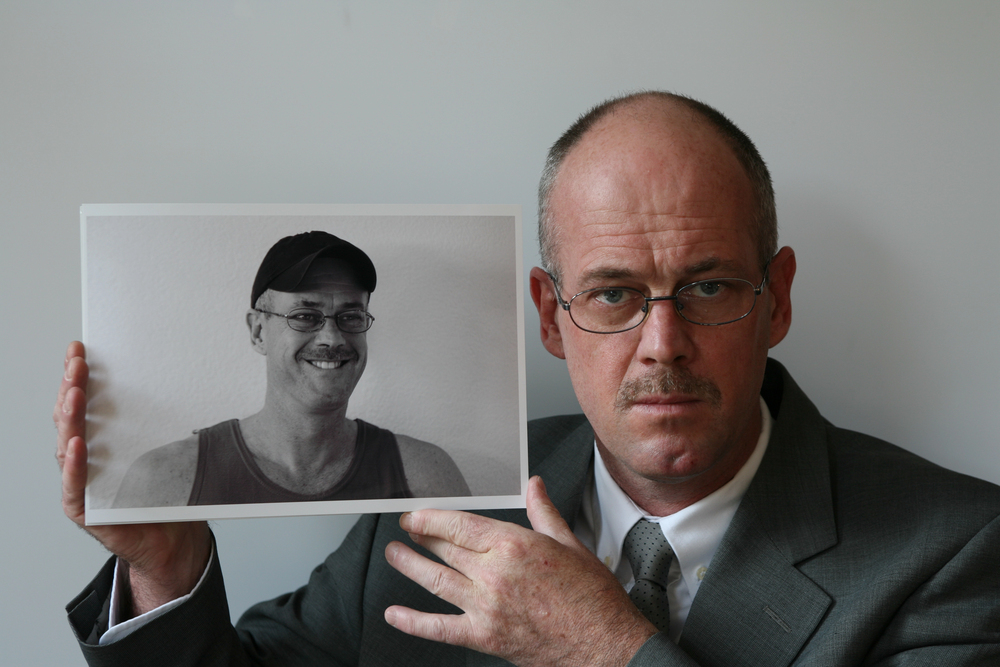Peer support workers in England’s National Health Service (NHS) are hired for their lived experience with mental distress. But once inside the system, they face contradictory expectations. They must be “mad enough” to relate to service users while appearing stable enough to satisfy institutional expectations.
New research reveals how these workers navigate the contradictory demands of their identities, which position them as both empowered survivors and potentially unstable employees. The qualitative study exposes how mental health systems that claim to value lived experience actually create conditions that undermine and tokenize the very people they employ to provide peer support.
The research, published in the Journal of Recovery in Mental Health, was conducted by Emma Watson of Implementing Recovery through Organisational Change (ImROC). Watson, herself with lived experience, interviewed 18 peer support workers across one NHS Trust. Using thematic analysis, she examined how institutional structures shape workers’ sense of identity.
“In some ways, as a peer support worker I’m meant to be the success story, and I can’t be failing, because if I’m failing then what hope do they [the people I support] have? It’s a lot to take on,” said Faith, a community peer support worker.















